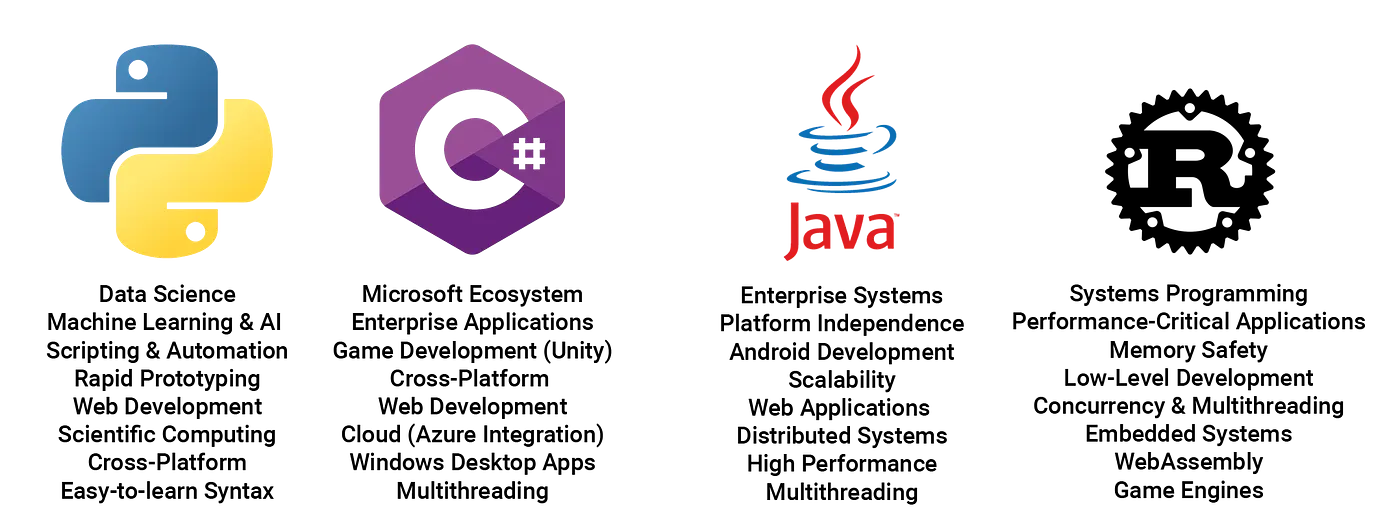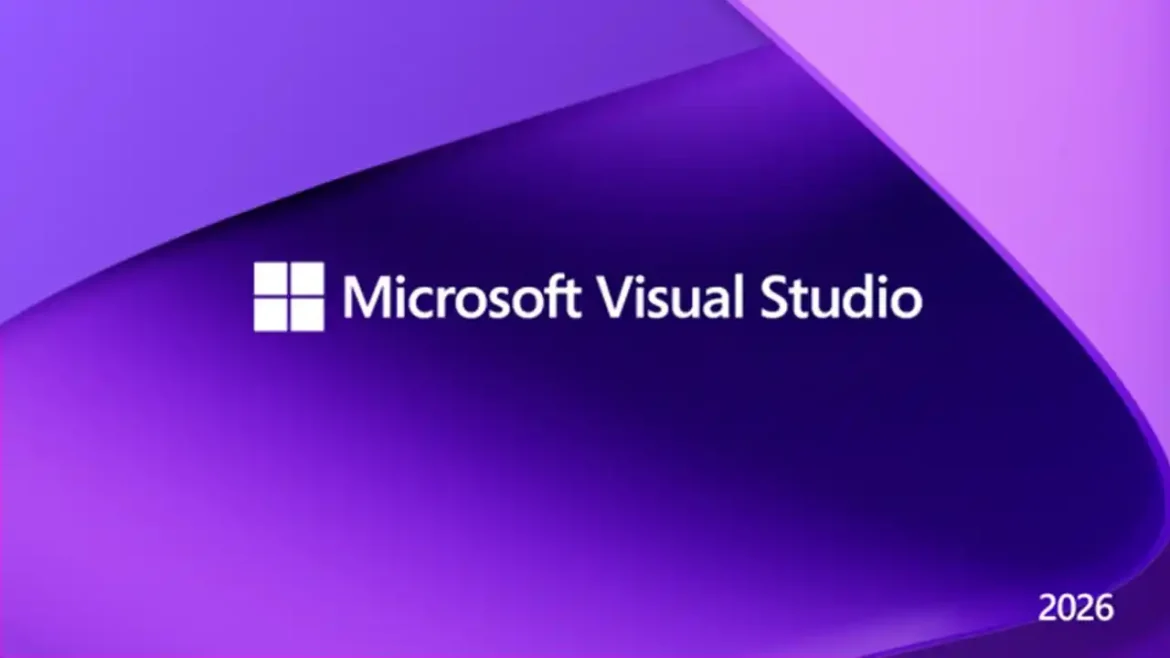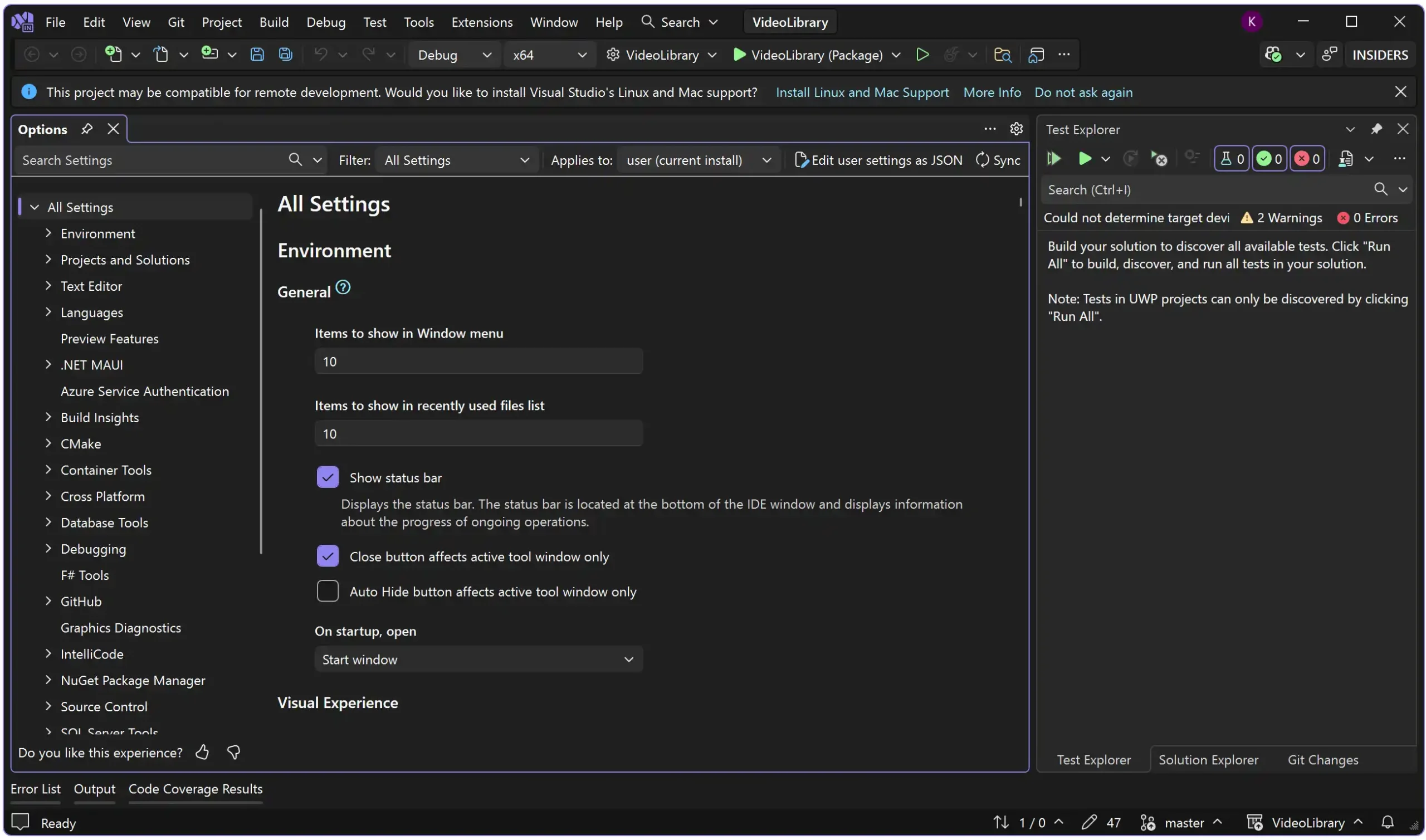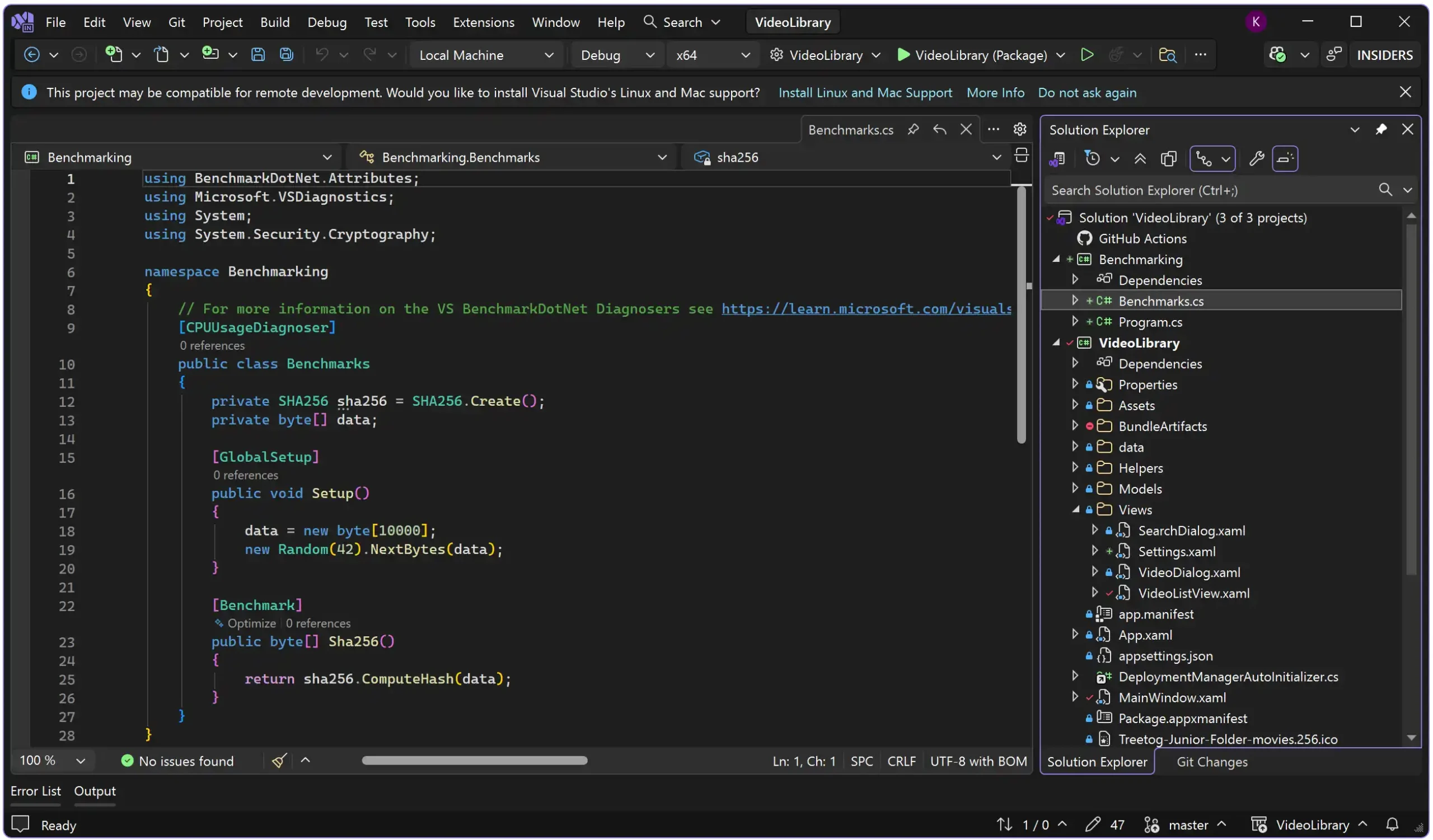Just some things that come to mind regarding work, software development, or other IT related categories. These items usually make me think about decisions or how to proceed forward.
C# is dead, I am telling you!
People have told me that C# is in decline because of the upcoming wave of artificial intelligence, which Python mainly drives. This is the reason more and more people are switching to Python, to keep up with the hype.
Another reason people say C# is dead is that Java is much better! You can find Java everywhere, from mobile phones to refrigerators. And this is true for a huge part.
Microsoft is focusing more on the cloud, like Azure, AI, and ML. That is why we would need less C# and more knowledge of Azure Cloud. This way we can run awesome stuff on Azure Cloud!
But why?
These are reasons people have been talking about in the past year, especially when I was a teacher. The company I worked for wanted to introduce Java and less C#, since there wasn’t enough work in C#.
For some parts, I do agree; AI is making a big entrance, and more and more people want to work with it. Python is the number one language for AI, but it’s not the only one. Others are R, Java, C++, and some others. C# is on the list too, especially for AI applications in the Microsoft ecosystem, particularly with frameworks like ML.NET for machine learning.
When I was working as a C# developer, managers kept pushing me to drop C# and learn everything about Azure Cloud, or cloud in general. I didn’t do it, but my coworkers did or left the company. We had a lot of knowledge of Azure Cloud, but nothing to host in Azure, since all our C# knowledge and other Azure Cloud-related knowledge was gone. I was the only one there to make code changes and expand the applications with C# and .NET.
It would be better to look at the differences between the languages and what they are good at. Java, Python, Rust, and C# are the biggest players at this moment.
TIOBE Index
According to the TIOBE Index, C# has gained some popularity in the past months, and the claim that C# is dead is not showing. It does go up and down. It was also the “Language of the Year” in 2023.

“But it’s still not the most popular language!”
True, but it’s growing (again). If you look at Java, for example, its popularity is declining over the years.

And Python is doing the opposite: It’s rapidly growing in popularity!

TIOBE is a programming community index that measures the popularity of different programming languages. Based in the Netherlands, TOIBE maintains these indexes.
Note: I am not affiliated with TIOBE in any way!
C# isn’t dead
C# is everywhere these days. On mobile phones, the web, desktops (Windows/Linux), and much more. Together with the .NET framework, it is a powerful and robust language with a lot of potential. Therefor, I think the claim “C# is dead” is not true at all.
People saying C# isn’t useful are wrong, but they usually come from a different language. The problem is that they also tell it to others who are just starting to learn C#.
I had students switch from C# to Java after a full course, because someone told them Java would be more suitable for work. I have never been without work, and I always did C#.
Recruiters don’t help either. They will do anything to get the audience. Last week, a recruiter called me and didn’t even wait for me to answer the phone before speaking. He was going on about how I should stop my company, stop using C#, and start to learn Java immediately, and he found the best employer where I could learn Java in no time! Of course, I declined.
Is C# better?
No, C# is not better (and I am a C# developer). It’s just a language you can use to create specific applications. C#, with the .NET Framework, does allow you to develop many application types, but that doesn’t mean it’s super suitable for all of them.
If you want to work with AI, Python would be better. If I want to work more with AI, I would learn Python. I have been playing around with it a bit, but the syntax is way more different from C#. Also, Python is way better for automation, scripting, data science, and machine learning.
Java is better for Android development, distributed systems, and high-performance, multithreaded applications.
C# is best for applications within the Microsoft ecosystem, such as game development with Unity, enterprise apps with ASP.NET Core, and cross-platform mobile apps with Xamarin or MAUI.
Rust has different purposes, like system programming, memory safety, embedded systems, and game engines.
Below are the languages again, but with more keywords.

So, what am I saying?
C# is dead? I don’t think so. It’s also not declining in popularity; the way we use programming languages is different.
If I want a job in C# I think I can find one pretty quick and Microsoft keeps spitting out new versions of C# and the .NET Framework. We are not saying goodbye to C#, not for a long time.
In my opinion, C# keeps growing and growing. It will never go away, but we need other languages to accomplish different goals.
What do you think? Let me know.






















